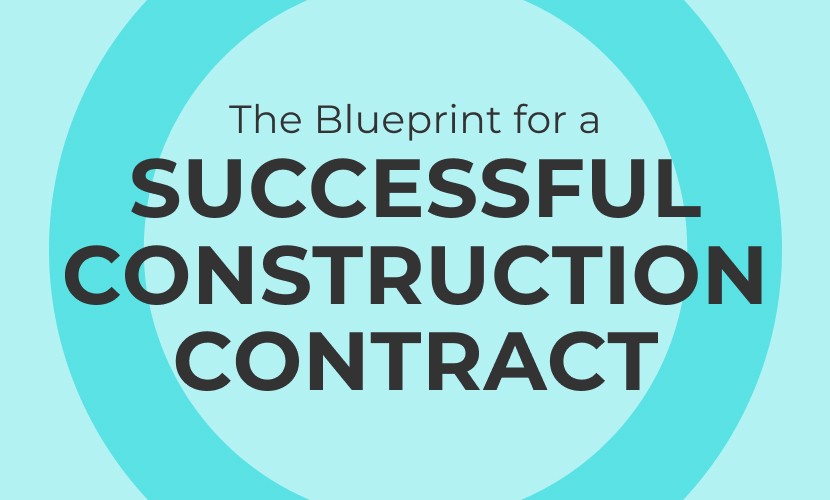One of the most important aspects of any project is the construction contract. It defines the parties involved, the work to be performed, how and when the work will be done, what materials will be used, and how much the project will cost, among many other things.
A well-written construction contract protects both you and your client by setting clear expectations. Following is typically what you will find in a standard agreement, along with tips to help safeguard your business:
- Client and Contractor Information: Include full legal names, contact details, and the job site address. Contractors should also list license numbers and proof of insurance (General Liability and Workers’ Compensation).
- Project Overview: Clearly define the scope of work, including who will supply materials, labor, or both. Will specification plans be provided, and are those costs included?
- Timeline and Deadlines: Specify when the contract begins, the expected start date, and the projected completion date. Be sure to include verbiage covering potential delays.
- Cost Estimates and Payment Terms: Outline total projected costs, payment schedules, and terms for the project to prevent disputes down the line.
- Change Orders: Detail the process for managing changes in scope, price, or timeline. Every change should be documented, signed, and incorporated into the contract.
- Stop-Work and Stop-Payment Clauses: A stop-work clause allows you to pause the project if payment isn't made. A stop-payment clause gives the client similar recourse if work isn’t performed as agreed.
- Force Majeure (Act of God) Clause: Unforeseen events, such as natural disasters or supply chain disruptions, can wreak havoc on project. Ensure the contract clearly states how such events will be handled.
- Exclusions: List what is not included in the project scope so there’s no confusion later.
- Dispute Resolution: Define how conflicts will be addressed. Consider requiring an initial meeting within a set timeframe, followed by mediation if needed.
- Indemnification and Hold Harmless Provisions: These clauses protect parties from liability, but they should be carefully reviewed by an attorney to ensure responsibilities are clearly understood.
Of course, all contracts should be reviewed by an attorney and insurance advisor before you sign on the dotted line. You want to ensure that a proper insurance program is in place. Review your policy as well as those policies on which you be named as an “additional insured,” including your subcontractors’ policies.

